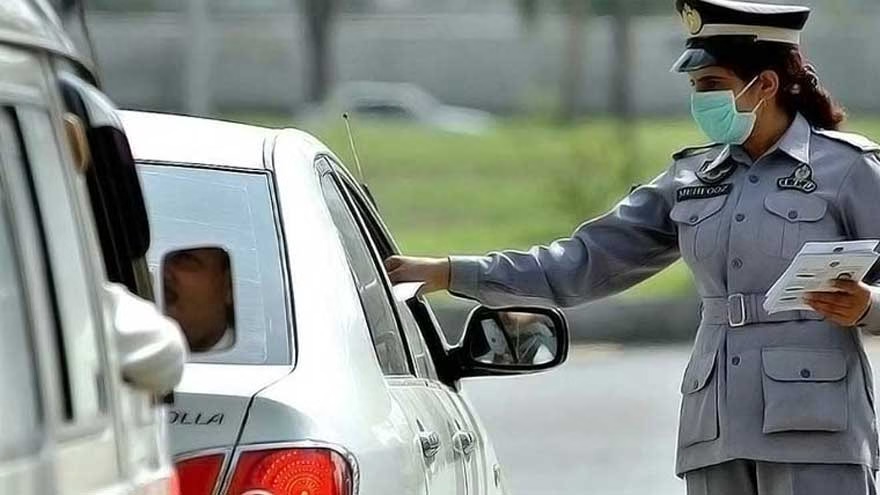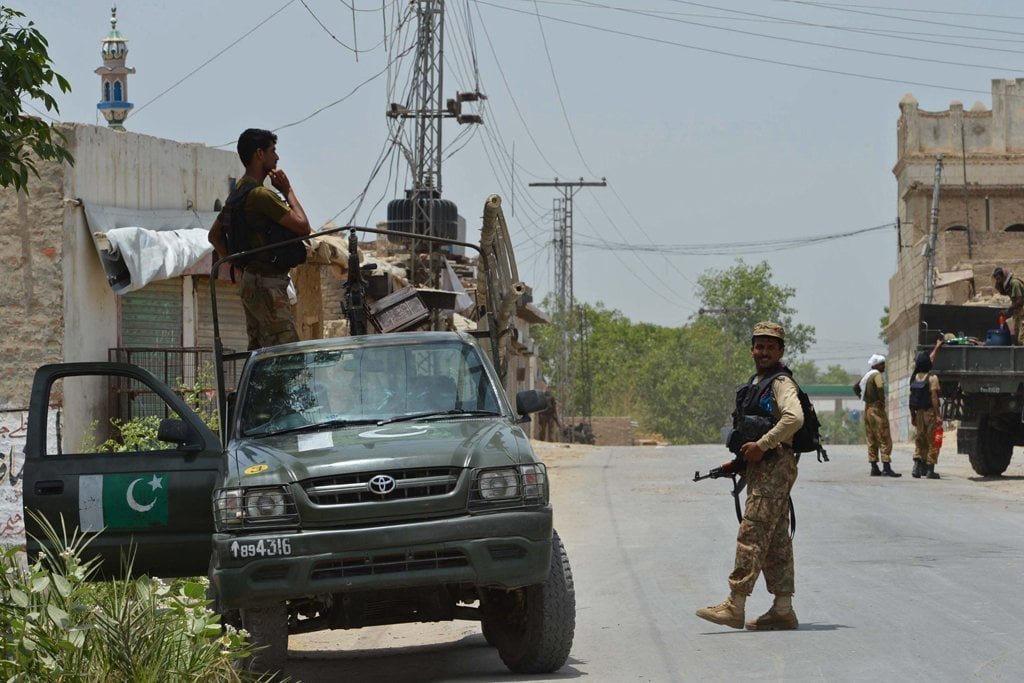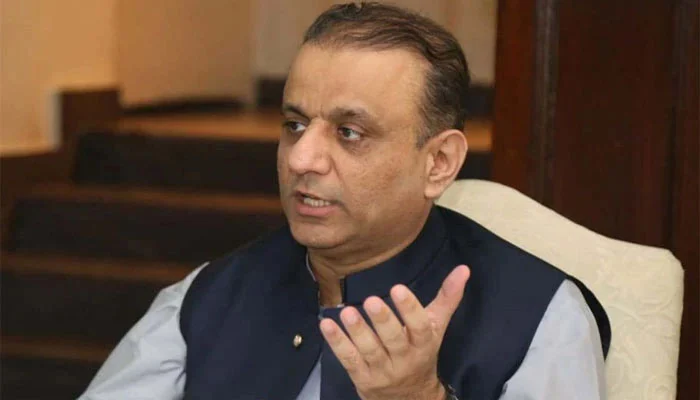The Services and General Administration Department (S&GAD) of Balochistan finds itself at the center of controversy as it struggles to retrieve 38 vehicles from former caretaker ministers and advisors, along with five vehicles held by influential individuals. Despite the lapse of nine months, these vehicles remain unrecovered, raising questions about accountability and governance in the province.
Vehicles in the Possession of Former Ministers and Influential Individuals
Documents reveal that the S&GAD owns a total of 527 vehicles, of which 502 are operational while 25 are inactive.
- Unreturned Vehicles: Among these, 38 vehicles have been retained by former caretaker ministers and advisors since leaving office.
- Influential Individuals: An additional five vehicles are reportedly in the possession of powerful figures outside the government, complicating recovery efforts.
Impact on Provincial Resources
The unauthorized retention of these vehicles places a financial burden on the provincial administration.
- Annual Costs: With 250 vehicles actively used, the department incurs an annual fuel tax of ₹18 crore and repair costs of ₹7 crore.
- Mismanagement of Resources: The lack of accountability over government assets exacerbates the strain on Balochistan’s already stretched financial resources.
Breakdown of Vehicle Allocation
The documents also detail the allocation of vehicles across various offices and departments:
- Chief Minister Secretariat: 44 vehicles are allocated for administrative use.
- Balochistan Houses: Islamabad and Karachi branches utilize 47 vehicles.
- Other Departments: 166 vehicles have been distributed among other provincial departments.
- Commissioners and DCs: 44 vehicles are in use by commissioners and deputy commissioners.
This detailed breakdown highlights the extensive use of government vehicles across various administrative tiers, leaving little room for inefficiencies or misuse.
Challenges in Recovering Government Assets
The inability to retrieve vehicles reflects deeper governance issues:
- Lack of Enforcement: Despite clear policies, there seems to be no effective mechanism to enforce the return of government property.
- Influence of Power Dynamics: The involvement of influential individuals creates additional barriers to asset recovery.
- Accountability Gap: The delayed recovery raises concerns about transparency and the political will to address such issues.
Public Reaction and Concerns
The revelations have sparked public outcry over the misuse of taxpayer-funded resources.
- Demand for Accountability: Citizens are calling for stricter measures to ensure government assets are used responsibly.
- Fiscal Responsibility: Activists and watchdog groups emphasize the need to reduce unnecessary expenditure, particularly in a resource-constrained province like Balochistan.
Potential Solutions and Recommendations
To address the ongoing issue, the Balochistan government could consider the following measures:
- Policy Enforcement: Strengthen policies that mandate the timely return of government property after officials leave office.
- Audits and Monitoring: Conduct regular audits to ensure compliance with asset management policies.
- Legal Action: Pursue legal avenues against individuals who refuse to return vehicles or other government assets.
- Technology Integration: Implement tracking systems for government vehicles to monitor usage and prevent misuse.
Comparative Analysis with Other Provinces
Balochistan’s challenges in managing government assets are not unique. Other provinces have faced similar issues:
- Sindh and Punjab: Reports of misuse of government vehicles have surfaced in these provinces as well, highlighting a systemic issue across Pakistan.
- Successful Models: Learning from provinces with better asset management practices could help Balochistan improve its systems.
Broader Implications for Governance
The case of unreturned vehicles underscores a larger problem of governance inefficiencies in Pakistan:
- Erosion of Public Trust: Mismanagement of resources damages the credibility of government institutions.
- Economic Implications: Inefficient use of resources diverts funds from critical sectors like healthcare and education.
- Need for Institutional Reform: Addressing these issues requires a commitment to institutional reforms that prioritize accountability and transparency.
The ongoing struggle to recover vehicles from former ministers and influential individuals highlights serious gaps in governance and resource management within Balochistan’s Services and General Administration Department. With mounting public pressure and rising operational costs, the provincial government must act swiftly to address the issue.
Enforcing stricter policies, leveraging technology, and ensuring transparency are essential steps to prevent future misuse of public assets. By addressing these challenges, Balochistan can set a precedent for accountability and efficient governance across Pakistan.



